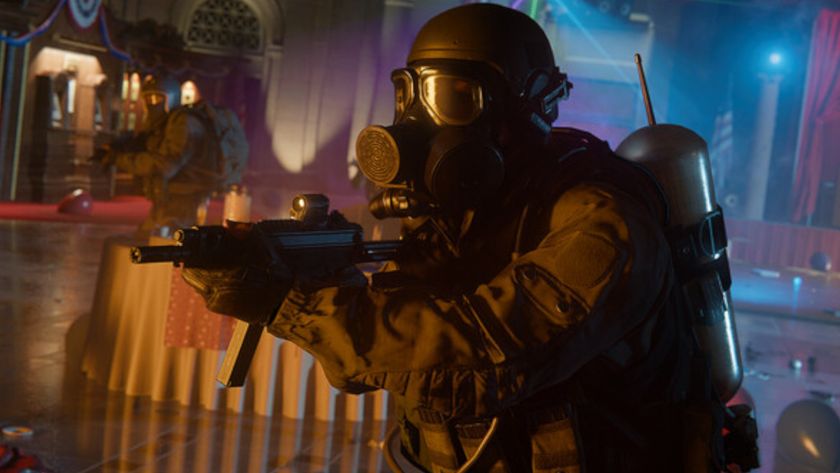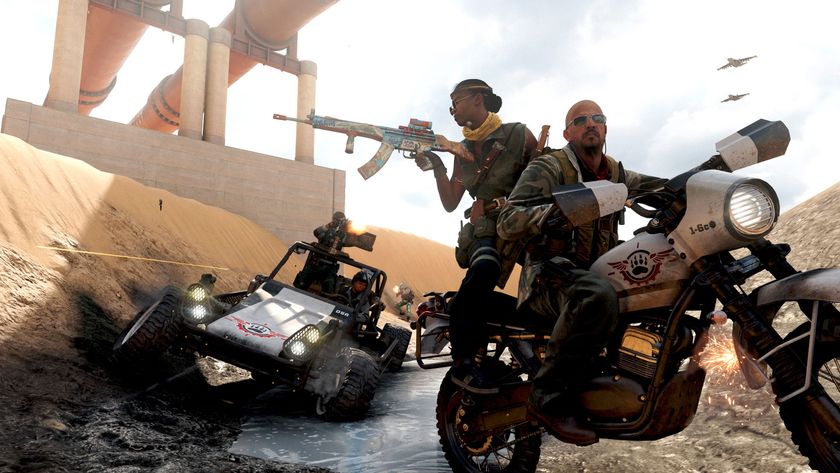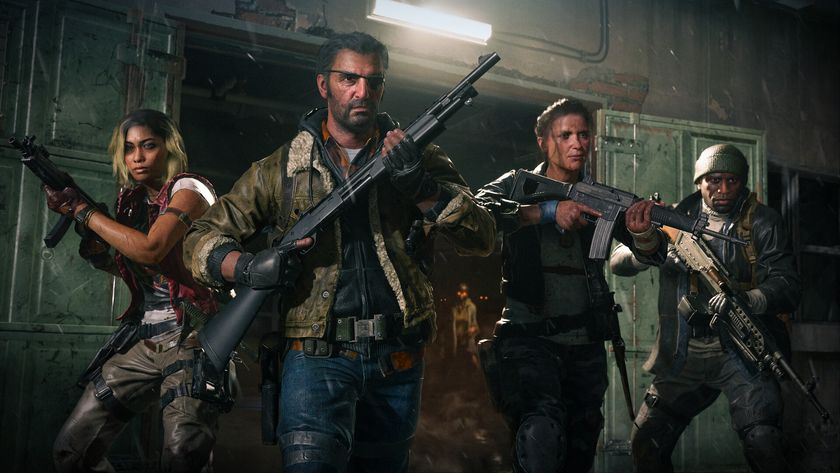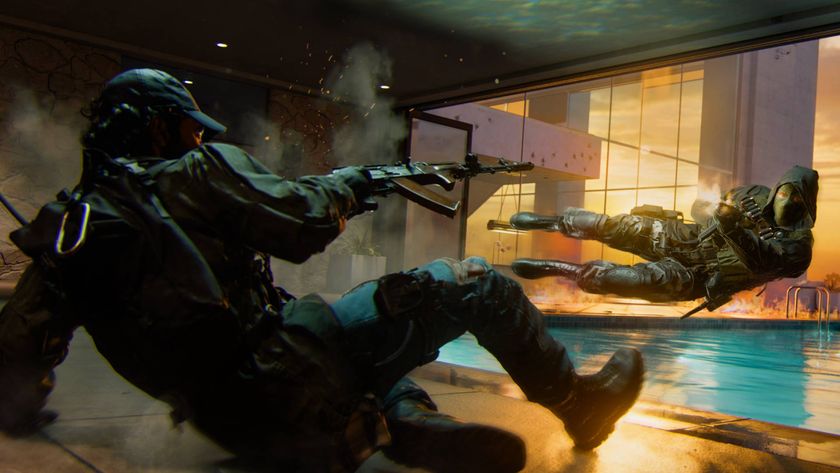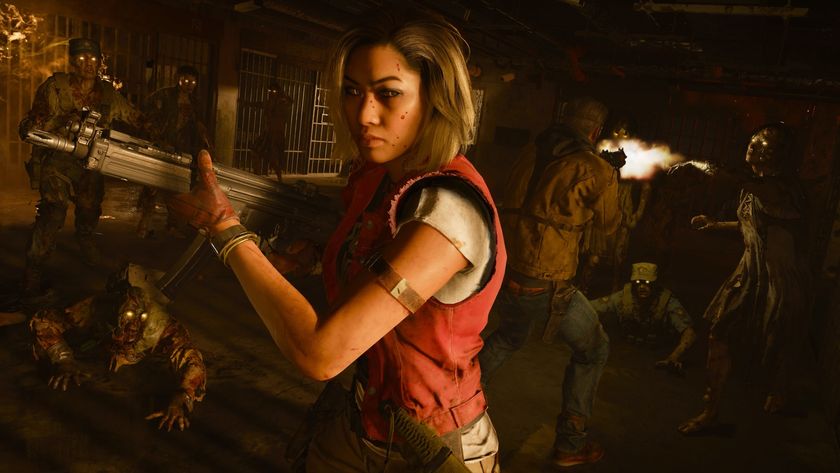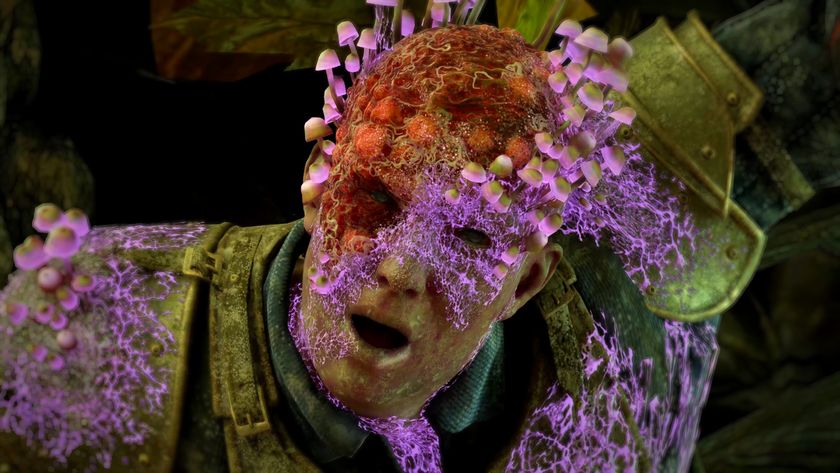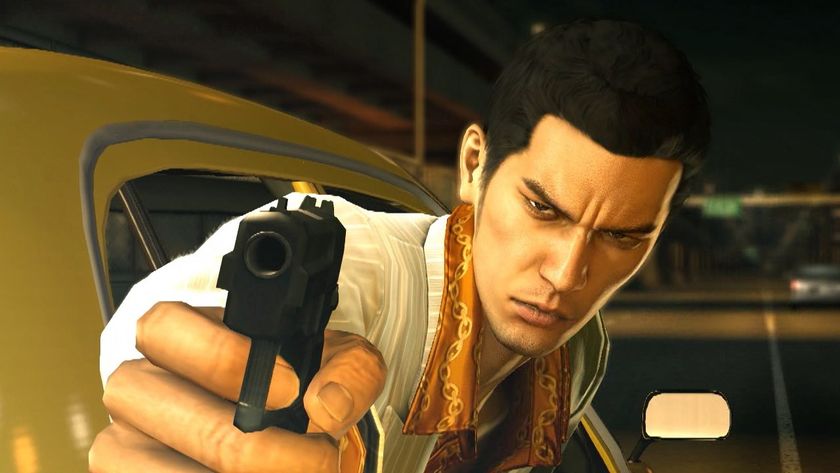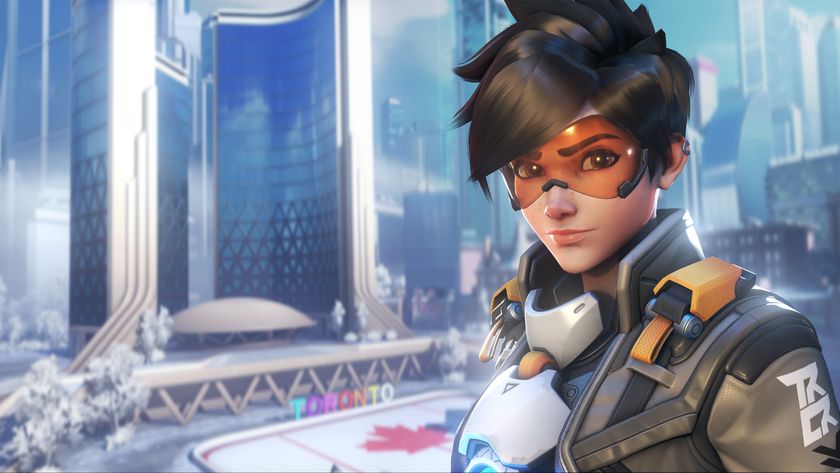Call of Duty pros explain why spawns are the most important thing to improve for the next game
Treyarch, pay attention: the pro players have spoken
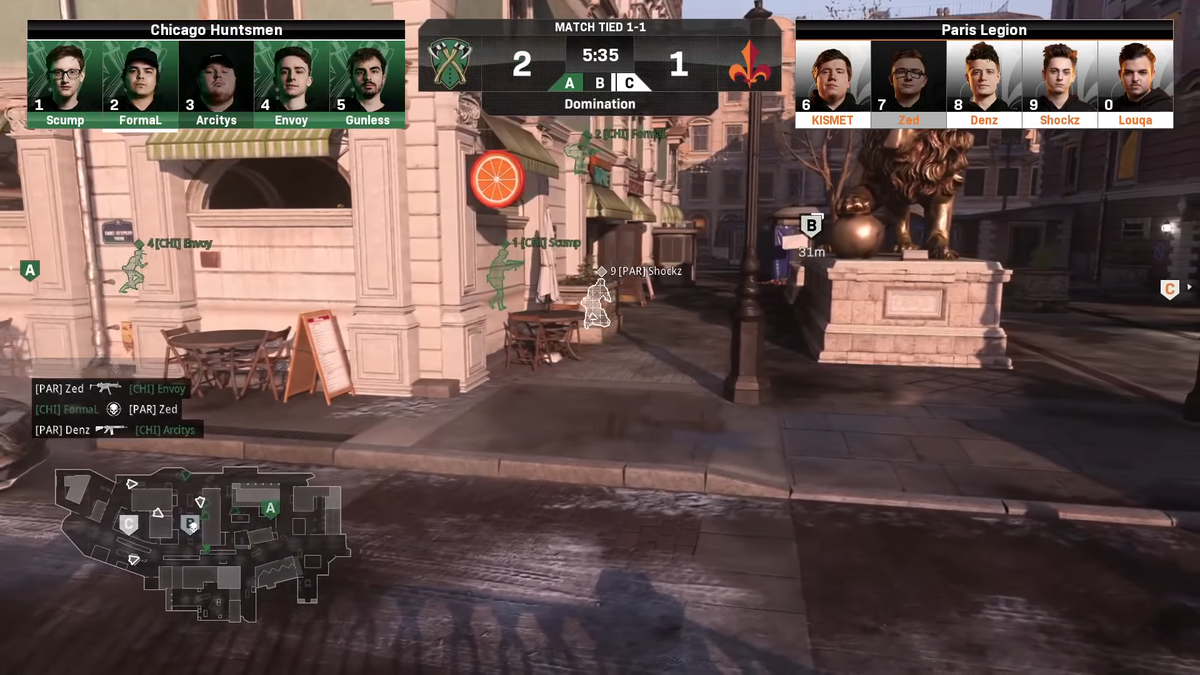
While we don't know the specifics about Call of Duty 2020, what we do know is that Treyarch is developing it. The studio's track record, particularly when it comes to the competitive elements, is particularly solid, so this news is quite the boon to Call of Duty esports pros. I've spoken to a handful of them, and it's clear that the biggest thing that needs to change for this year's game is its approach to spawns.
Along with being arguably the most successful video game franchise of all time, Call of Duty is one of the longest-running esports in the world. Competitors at the highest level play the game day in, day out, and understand it better than anyone, especially when it comes to the best loadouts, weapons, strategies and more – perhaps even the developers themselves, to an extent.
Spawns, spawns, spawns
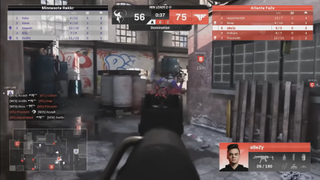
Most of the Call of Duty esports pros I spoke to were in resounding agreement that spawns are currently the biggest hindrance to Call of Duty: Modern Warfare's success. Right now, it uses a system commonly referred to as "group spawns". This prioritises respawning a player close to a teammate – as long as they're not currently in combat – to the point where it doesn't seem to matter how many enemies could be in the area. To cut the detailed explanation short, this essentially means it's much easier to "spawn trap" – pin a team in one area of the map, killing them repeatedly on spawn – and in rare circumstances, you can even spawn in front of a teammate when they're being shot by an enemy on certain maps.
As a whole, group spawns are meant to favour working together as a team. While that's a great idea in principle, it results in situations like the above where teamwork goes out the window when you're being mowed down moments after respawning.
It's safe to say that this shouldn't happen and in a competitive setting, having such a poor spawning system can seriously impact the competitive integrity of the game. James "Clayster" Eubanks, current player for Dallas Empire, explained to me that since the tuning patch Infinity Ward implemented, "it almost made [spawns] worse… they're abysmal".
Dylan "Dylan" Henderson, Daniel "Loony" Loza, and Bradley "wuskin" Marshall all agreed, citing spawns as the most important issue, but how can they be fixed? Aside from smaller maps like Shipment and Rust which aren't featured in competitive play anyway, the obvious answer is to amend respawns to prioritise less populated areas of the map. Manipulating spawns is something anyone can learn with a little practice, so while this would change the flow of the game, it means players – especially in Call of Duty esports – would have to rely on their gun skills and teamwork rather than just trying to spawn trap.
Open your ears, Treyarch
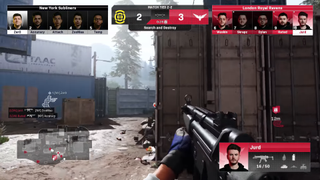
All the players I spoke to think this issue is preventable for the next game, as long as Treyarch listens to the pros. While the studio's history and reputation in Call of Duty esports is significantly better than Infinity Ward's, there's a consensus that it just doesn't listen to the people who play the game day in, day out.
Jordan "Jurd" Crowley, current SMG slayer for London Royal Ravens, told me that since they play the game for a job, they "know what's best". He went on to say that while Treyarch should have open ears with pro player feedback, it also "needs to stick to what they know. I feel like with Modern Warfare this year, it's something completely different, maybe they just wanted to try and behind ahead of the curve but it's not really a competitive game in my opinion. I feel like Black Ops 3 and 4 [both Treyarch] were the most competitive Call of Duty games we had and if they want competitive to succeed, they should definitely look to those for inspiration."
Sign up to the 12DOVE Newsletter
Weekly digests, tales from the communities you love, and more
Tom "Tommey" Trewren, Dallas Empire coach and substitute player, reiterated these ideas. He thinks that Treyarch should be "more open to the competitive scene as a whole" because "the pros have played the game for a while, they know what's good when it comes to competitive. There should be more forms of open communication." Clayster took that a step further by explaining that the competitive players need to be testing the game early: "We need to get in there when it's a black box and really help them fine-tune the competitive integrity of the game. In the past we've gone in and done week-long playtests and spent 40 hours doing it, and then they don't listen to us at all."
As I write this, Treyarch has almost certainly nailed down the core components of this year's Call of Duty. It has likely had people working on it since before Black Ops 4 launched, meaning it's been in the works for over two years. Right now is when the team will be ironing out maps, weapons, game modes, the extra stuff. Aspects like spawns will be tweaked and adjusted while we edge closer to release however, so this is when the pro players reckon Treyarch need to listen to their issues with the current game. The Black Ops titles have been the highlight of competitive Call of Duty over the years, so if this title does turn out to be Black Ops 5 like we're expecting, Treyarch knows what it needs to do to make it another one of the esports greats.
Give me a game and I will write every "how to" I possibly can or die trying. When I'm not knee-deep in a game to write guides on, you'll find me hurtling round the track in F1, flinging balls on my phone in Pokemon Go, pretending to know what I'm doing in Football Manager, or clicking on heads in Valorant.
